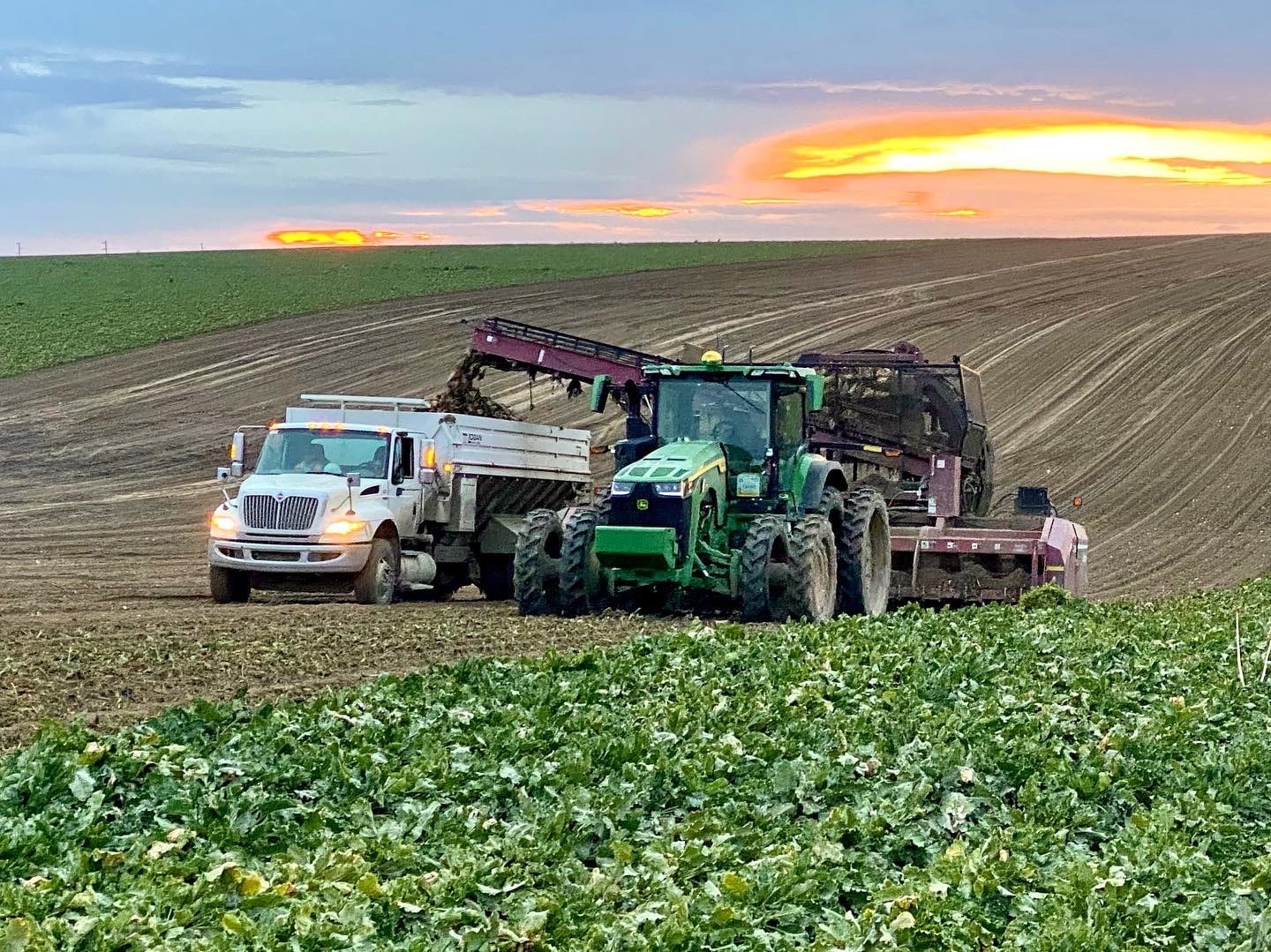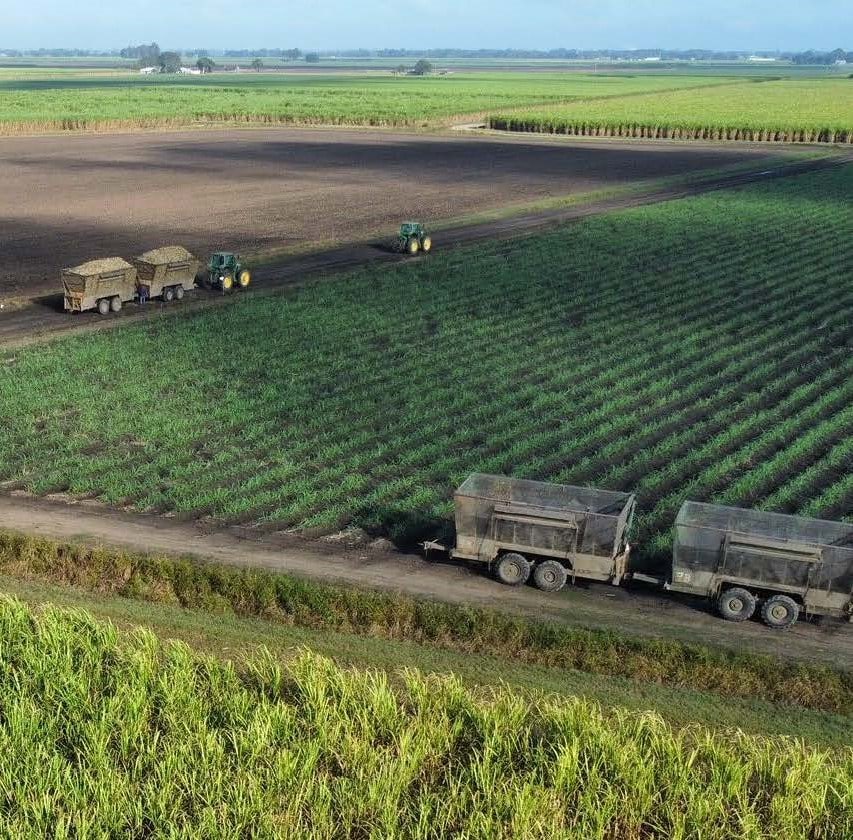5. American-Made Sugar Supports Food Security Which Supports National Security
Americans experiencing empty shelves during the pandemic saw, many for the first time, how critical it is to have a robust domestic supply chain that does not rely on foreign suppliers.
U.S. sugar policy is designed to ensure that America has the ability to produce an essential food ingredient, sugar. Absent American sugarbeet and sugarcane farmers, food manufacturers and consumers would be reliant on foreign suppliers.
Unfortunately, the world sugar market is neither fair nor free; it is volatile and unstable due to government intervention in many of the sugar-producing countries. Those foreign governments incentivize the production of sugar to sustain their local workforce and industries. However, to keep the surplus sugar from crashing their internal market, they encourage the dumping of sugar in the world market below the cost of production. Or they can choose to starve the world market of sugar should production be short of domestic needs.
For example, India, Brazil, and Thailand manipulate the market with collective domestic support estimated to top $17 BILLION annually – overproducing for their domestic supply and then dumping the excess on the world market.
U.S. sugar producers have 90 strategically located facilities that get sugar to our customers right when they need it. Without the domestic industry, Americans – consumers and food makers – would be vulnerable to supply disruptions stemming from dependence on a volatile world market dominated by India, Brazil, and Thailand. This unreliable sourcing of sugar would likely cost food manufacturers hundreds of millions of dollars in extra expenses each year that would ultimately be passed on to consumers. Sugar policy ensures that the supply of an essential ingredient like sugar is not in the hands of foreign governments.





